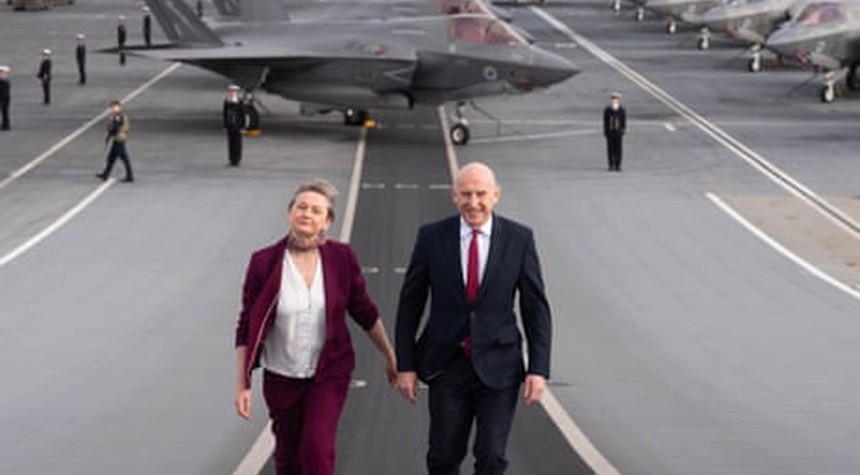Britain’s Home Secretary Yvette Cooper has addressed growing questions about intelligence cooperation with the United States, as American military forces conduct an intensifying campaign against alleged drug traffickers in Caribbean waters.
Speaking during a ministerial visit to Naples, Cooper sought to reassure observers that established intelligence frameworks between the two nations remain intact. Her comments represent the first official British response to reports suggesting the United Kingdom had suspended certain intelligence sharing over legal concerns regarding American military operations in the region.
“Longstanding intelligence and law enforcement frameworks that exist between our countries continue,” Cooper stated, while acknowledging the deployment of a US carrier strike group to the Caribbean. She declined to discuss specific intelligence matters, instead pointing to statements from US Secretary of State Marco Rubio, who has categorically denied any disruption in cooperation.
Rubio dismissed the initial reports as “a false story, a fake story,” suggesting the information may have originated from unofficial sources within government circles. The American secretary of state characterized the reporting as both inaccurate and misleading.
The controversy centers on American military operations that have dramatically escalated in recent months. The United States has acknowledged conducting twenty-one attacks since September, resulting in eighty-two deaths among individuals aboard vessels suspected of narco-trafficking activities. These operations have intensified with the arrival of the USS Gerald R. Ford aircraft carrier and its supporting battle group in Caribbean waters.
The Trump administration has designated drug cartels as terrorist organizations and characterized its military campaign as “a non-international armed conflict.” This legal framework has drawn scrutiny from international law experts who question whether military force against drug traffickers meets established criteria for armed conflict. Traditional interpretations require either active military attacks against the United States or credible imminent threats.
Additional concerns have emerged regarding target verification. Evidence linking destroyed vessels to drug trafficking operations has been limited, raising questions about compliance with international humanitarian law requiring clear distinction between civilian and military targets.
Britain’s interest in these operations extends beyond alliance obligations. The United Kingdom maintains several island territories throughout the Caribbean and has historically monitored suspected drug trafficking movements in the region. Intelligence gathered through these efforts has been shared with American counterparts under longstanding arrangements.
British naval officers currently serve aboard the Gerald R. Ford and accompanying vessels. UK defense sources indicate these personnel continue their regular duties, as the warships have not been directly involved in strikes against suspected narco-traffickers or Venezuelan targets.
Defense Secretary John Healey, accompanying Cooper in Naples, emphasized Britain’s commitment to international humanitarian law. “Wherever our forces are deployed, whatever they are asked to do, we as a nation are consistent about our compliance with international humanitarian standards,” Healey stated.
The situation presents a delicate balance for British policymakers. Maintaining robust intelligence cooperation with America remains a cornerstone of British security policy, particularly regarding transnational criminal organizations. Yet questions about the legal foundation of military operations against non-state actors engaged in criminal rather than military activities cannot be easily dismissed.
The matter underscores broader questions about how democratic nations apply traditional laws of armed conflict to contemporary security challenges. As the American campaign continues, the international community watches closely to see whether established legal frameworks will adapt or constrain military responses to organized crime.
Related: BBC Issues Apology to President Trump Over Edited January 6 Speech in Documentary

